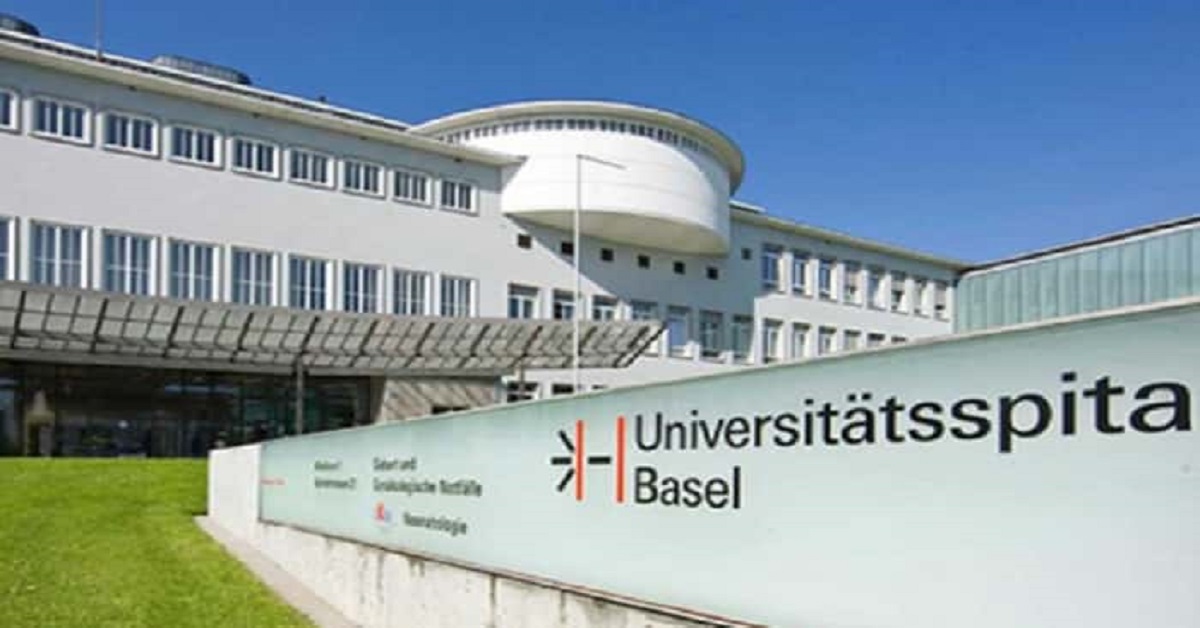We seek a talented and ambitious PhD candidate interested in developing new scanning superconducting quantum interference device (SQUID) magnetometers and applying to image microscopic effects in superconducting circuits for quantum computation. This research project therefore combines state-of-the-art scanning probe methods with quantum transport and quantum computation experiments.
The position is limited to four years and the earliest starting date is 1 December 2023.
Your position
Superconducting circuits are a prime candidate platform for the realization of quantum computation. This is reflected by the fact that large companies, such as Google and IBM, and large research collaborations, such as the EU Flagship project OpenSuperQ, have taken the superconducting route towards this goal. Significant progress has been made, with demonstrations of quantum circuits containing 10s to 100s of superconducting qubits.
However, to make further progress in the long term, the field will have to address a variety of microscopic effects, such as vortex formation, quasi-particle generation, and two-level system defects, which lead to qubit decoherence, as well as detrimental spurious fields, and crosstalk between qubits and control lines. These effects combine to pose a significant hurdle for the operation of scaled-up quantum circuits. As a result, effort is now dedicated to addressing these challenges via advances in material engineering, fabrication methods, and circuit design. There is a pressing need to guide these endeavors via continuous characterization of circuit defects and decoherence mechanisms, especially by mapping their location in the quantum circuit.
Highly sensitive scanning probe imaging using SQUIDs offers a method for identifying, localizing, and eventually addressing these problems. Our nanoscale on-tip SQUIDs combine spatial resolution below 100 nm with extremely high sensitivities to magnetic flux, current flows, and dissipated heat. These quantities are exactly those that play crucial roles in superconducting circuits. Part of the project will be to map these quantities with high sensitivity and resolution, in a variety of relevant superconducting devices. Another goal will be to develop new scanning SQUID sensors with GHz detection bandwidths and which allow operation at mK temperatures. In addition to scanning SQUID sensors, also scanning quantum dot and multi-gate probes will be explored for the investigation of superconducting circuits.
Your profile
PhD candidates with previous experience on superconducting circuits or low-temperature scanning probe microscopy are preferred. A Master’s degree in physics or a related field is required.
We offer you
The Department of Physics and the Swiss Nanoscience Institute at the University of Basel offer a stimulating and collaborative environment with internationally recognized research groups active in both experimental and theoretical condensed matter physics. This project is part of the Superconducting circuit engineering using scanning SQUID microscopy (SuperSQUID) project. More information is available at poggiolab.unibas.ch.
Application / Contact
Have we sparked your interest?
Applications should include the candidate’s CV, bachelor’s and master’s degree, and at least one letter of reference.
We look forward to receiving your complete application documents as soon as possible by e-mail in one PDF document directly to Prof. Poggio (martino.poggio@unibas.ch) and Dr. Braakman (floris.braakman@unibas.ch).
